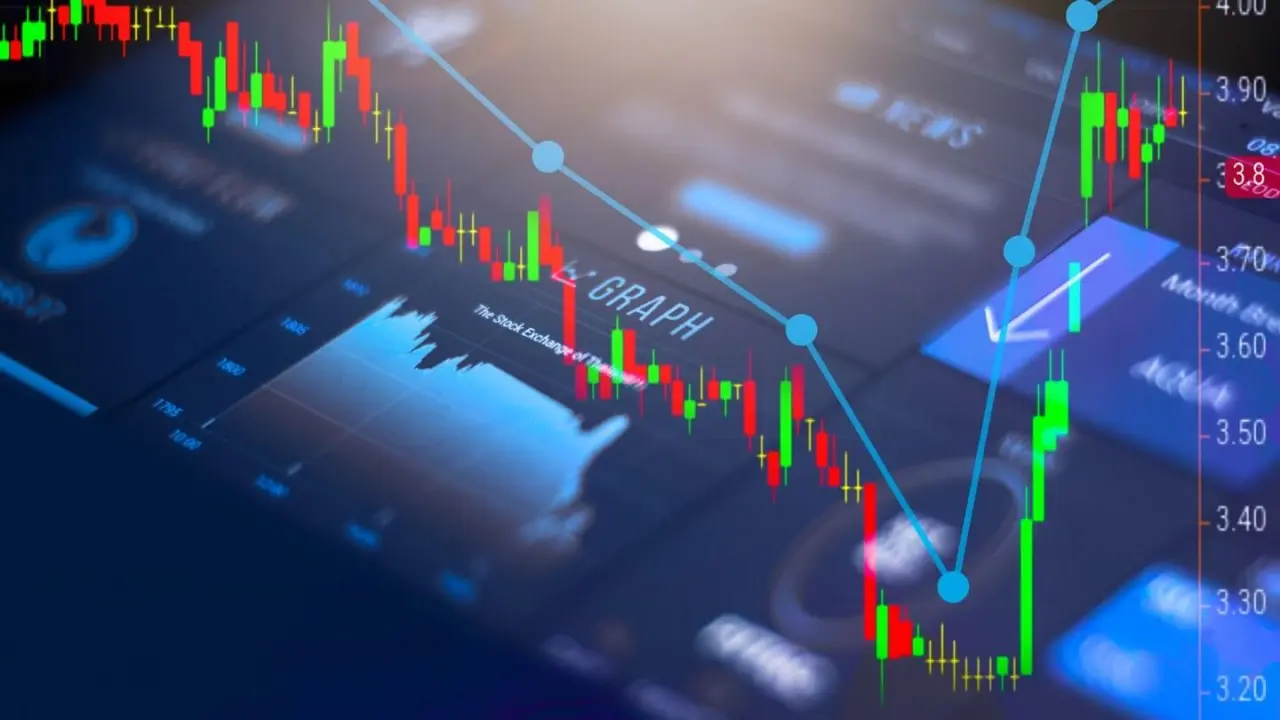Forex Risk Factors: How to Avoid Costly Mistakes
The foreign exchange industry, or Forex, has always been considered the world's largest and many water financial market. With trillions of dollars traded day-to-day and the appeal of fast profits, it's no real surprise that forex trading captivates the eye of both novice and skilled investors. But, beneath the surface of its fast-paced and lucrative facade lie numerous challenges and risks that might lead unsuspecting traders in to economic turmoil. Forex trading that each trader should understand.
:max_bytes(150000):strip_icc()/chart-1905224_19201-92de2257433344a891781f064ceaf845.jpg)
The Volatility of Industry Character Forex trading is identified by their high volatility. Currency values fluctuate constantly because of facets such as for example geopolitical activities, economic data produces, and central bank decisions. While this volatility produces opportunities for profit, it equally exposes traders to significant losses. For example, a sudden industry swing subsequent sudden media, like a central bank plan modify, can cause rates to fall or skyrocket within minutes, wiping out opportunities before traders may react. According to a examine done by the European Securities and Markets Power (ESMA), nearly 74%-89% of retail investors trading CFDs (Contracts for Difference), including Forex, experience losses. Such figures highlight the unknown nature of the market and the importance of managing chance effectively. Leverage – A Double-Edged Sword One of Forex trading's crucial attractions is leverage. Brokers often let traders to manage big jobs with somewhat small capital. For example, with a leverage rate of 50:1, a trader may get a grip on $50,000 with only $1,000. While this amplifies gain possible, it also somewhat magnifies losses. Consider this circumstance: If industry moves against a $50,000 place just by 2%, the loss amounts to $1,000—the trader's whole capital. Without appropriate risk management, such losses may cause disastrous consequences, including margin calls as well as liquidation. Psychological Decision-Making and Overtrading Forex trading frequently sparks emotional reactions, particularly when markets move unexpectedly. Impulsive choices seated in fear or greed may undermine long-term strategies, causing major losses. Overtrading—constantly entering and leaving trades to pursuit profits—can also lead to poor outcomes. The Financial Conduct Authority (FCA) records that emotional trading considerably plays a part in the large failure charge among retail Forex traders. Fraud and Unregulated Brokers Still another overlooked chance is the potential for fraud. Unregulated brokers or “get-rich-quick” schemes often prey on uninformed traders, offering improbable assures of large returns. Such cons may cause substantial economic and particular losses. Navigating the Risks of Forex Trading Forex trading is not inherently “good” or “bad,” but instead a sophisticated industry requesting deep knowledge and disciplined strategies. To mitigate dangers, traders should invest in training, use risk administration instruments like stop-loss purchases, and guarantee their broker is controlled by acknowledged authorities, like the Product Futures Trading Commission (CFTC) or the FCA.

By acknowledging the hidden problems and planning appropriately, Forex traders can better position themselves for tested accomplishment in that energetic yet harmful market.